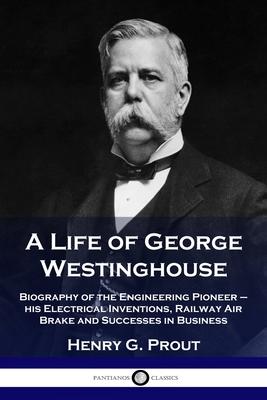The story of businessman and engineer George Westinghouse is fascinating; his inventions revolutionized rail transport, and his pioneering distribution of electrical power changed life for Americans forever.
Brought up in the small town of Central Bridge in upstate New York, Westinghouse showed talent from a young age, learning much of his father's mechanical knowhow. Filing his first patent at the tender age of 19, it was through his gifts in engineering and knack for business that Westinghouse rose to become one of the biggest names in cutting-edge American invention and technology. Though he built a variety of induction motors, steam and gas engines, it was his mechanical air braking system for trains that endured - its descendants are still used in modern locomotives worldwide.
In maturity, Westinghouse competed with Thomas Edison for the electrical market; the staggering possibilities of delivering electricity to buildings meant the two fought intensely for contracts to roll out electrification, culminating in the World's Fair of 1893. There, George Westinghouse convincingly demonstrated how alternating current (AC) could deliver power at great scale to homes and businesses consistently, safely and efficiently.
All these events and more comprise Henry G. Prout's biography, which delves into the schematics of Westinghouse's inventions, the resulting enterprises and the nature of the man himself.
